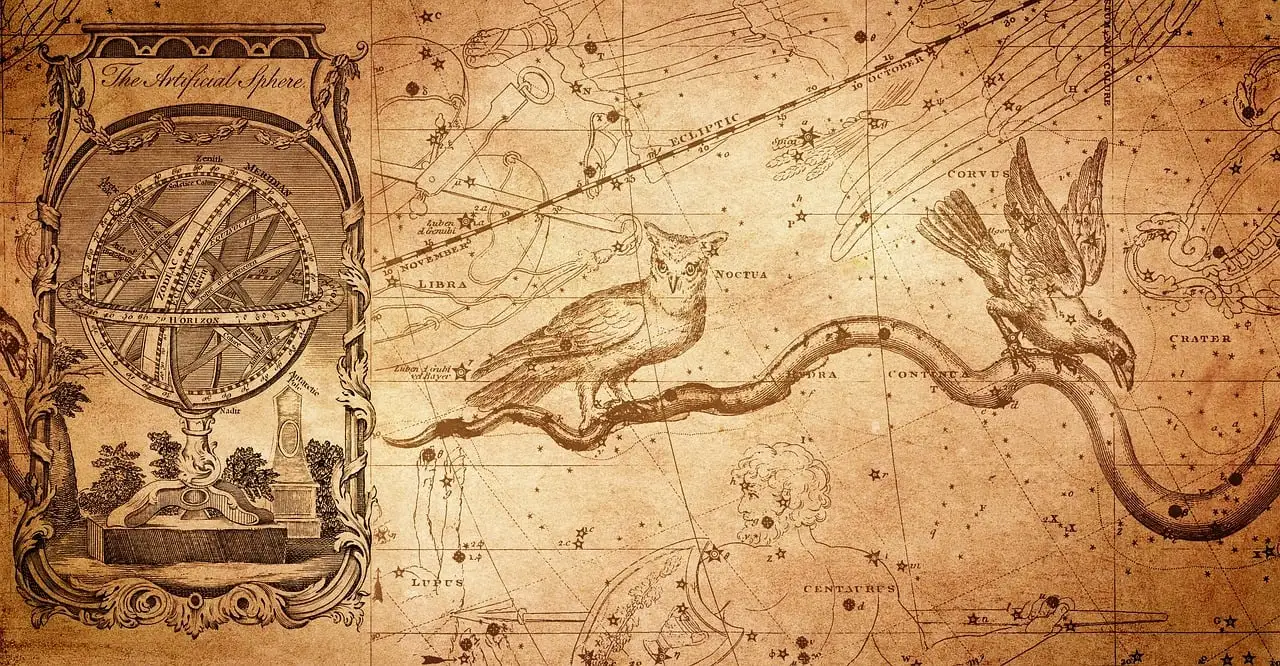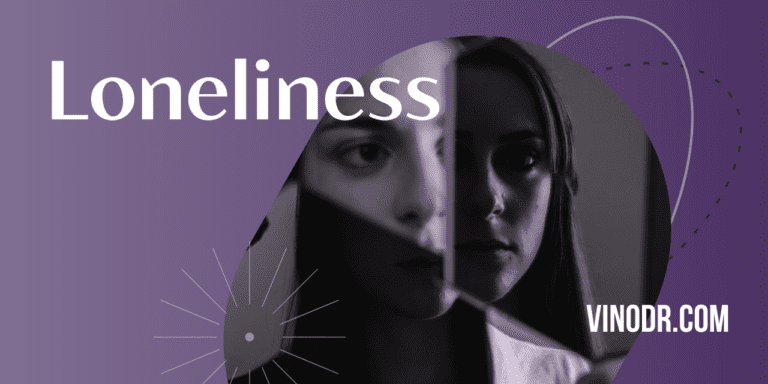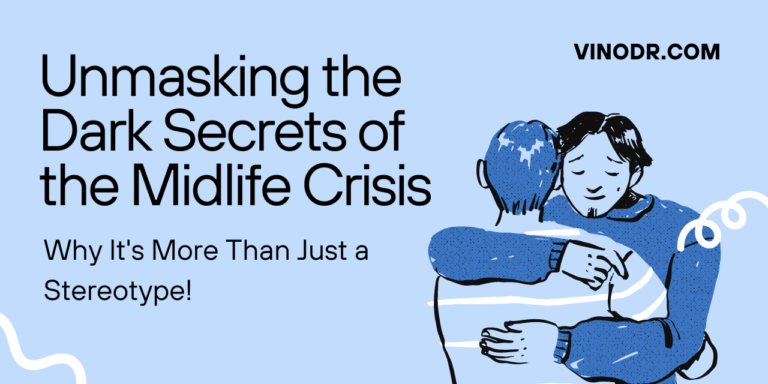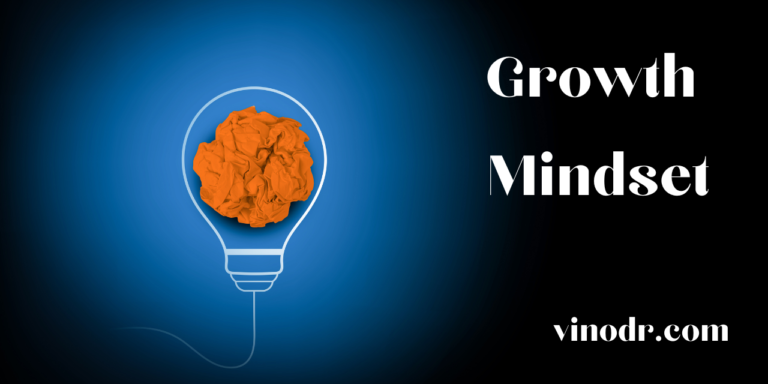Astrology vs. Science: Separating Fact from Fiction in the Endless Debate
Astrology vs. Science: Separating Fact from Fiction in the Endless Debate
An ongoing altercation has been between astrology and science, with each party defending their individual views and convictions. Astrology is seen as a marginal science and isn’t acknowledged by the scientific fellowship as a credible field of study. Supporters of astrology, though, reason that it is a valid and antique tradition that can provide useful insights about someone’s individuality and life. The scientific community’s stance on astrology comes from the lack of verifiable evidence to sustain its affirmations.
Astrology is based on the idea that the movements and placement of celestial objects, including the Sun, Moon, and planets, significantly influence human lives and natural phenomena. Yet no substantial data sustains this explanation and several kinds of research have shown that prophetic readings are no more precise than chance. Critics of astrology allege that the claims made by diviners are not founded on scientific principles and regularly contradict one another. They refer out that it is not a testable or falsifiable theory as it cannot be subjected to empirical testing. Furthermore, it can be difficult to ascertain if the predictions are exact since astrologers utilize unsatisfactory language when delivering prophecies.
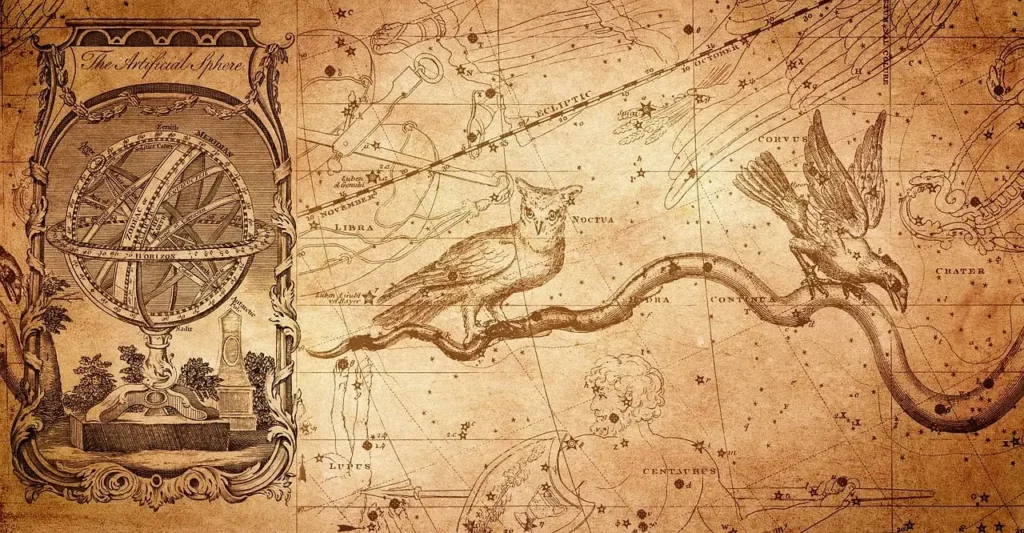
While the debate between astrology and science is a well-known topic, there are some lesser-known aspects of the subject that are not widely known to the general public.
Historical roots of astrology: Astrology has a long and rich history, with roots that can be traced back thousands of years to ancient civilizations such as the Indians, Babylonians, Egyptians, and Greeks. In these early cultures, astrology was often used for divination and as a tool for understanding the cosmos and predicting future events.
Connection to astronomy: Despite its controversial status, astrology has had a significant impact on the development of astronomy. Many early astronomers, including Ptolemy and Tycho Brahe, were also astrologers, and their work helped lay the foundation for modern astronomical knowledge.
The role of astrology in psychology: In recent years, some psychologists have started to explore the potential psychological benefits of astrology, examining the relationship between astrological beliefs and mental health. While the scientific community remains skeptical, some studies have shown that astrological beliefs can positively impact a person’s well-being and self-esteem.
Scientific attempts to study astrology: While astrology is generally considered a pseudoscience, there have been a number of scientific attempts to study the field and determine whether there is any validity to its claims. Some of these studies have looked at the psychological benefits of astrological beliefs, while others have attempted to test astrological predictions using empirical methods.
The role of astrology in culture and society: Despite its controversial status, astrology remains a popular and widespread belief system, with many people around the world consulting astrologers for guidance and advice. Astrology has also had a significant impact on culture and society, influencing art, literature, and popular culture for thousands of years.
Despite these criticisms, astrology remains a popular and widespread belief system, with many people around the world consulting astrologers for guidance and advice. Proponents of astrology argue that it is a valuable tool for self-discovery and personal growth, providing insights into a person’s personality, strengths, and weaknesses. They also argue that astrology can help individuals understand their place in the world and make better decisions.
In recent years, some scientists have started to take a closer look at astrology, exploring its possible psychological benefits and investigating whether there is any scientific basis for its claims. Some studies have shown that astrological beliefs can positively impact a person’s mental health, leading to increased well-being and improved self-esteem. However, these studies are often criticized for their methodology and limited sample sizes, and more research is needed to determine whether these findings are robust.
One of the main challenges faced by scientists who study astrology is the lack of a clear definition of what astrology actually is. Astrology has evolved over thousands of years and has been influenced by many different cultures and belief systems, making it difficult to define in a scientifically meaningful way. Some scientists argue that astrology should be considered a form of mythology, while others argue that it should be considered a form of spirituality.
The debate between astrology and science is likely to continue, with both sides holding firmly to their own beliefs and perspectives. While the scientific community remains skeptical of astrology’s claims, proponents argue that it has a valid place in the world of personal growth and self-discovery. Ultimately, the truth about astrology may never be fully known, but the continued interest in the field shows that it continues to have a powerful impact on people’s lives.
From a scientific perspective, astrology is not considered a legitimate field of study, and its claims are not supported by empirical evidence. Science is based on systematic observation, experimentation, and evidence-based conclusions, and astrology does not meet these criteria.
However, from the perspective of those who believe in astrology, it can be seen as a valuable tool for self-discovery and personal growth, providing insights into a person’s personality and life. In this sense, astrology can be seen as a complementary practice to science, offering a different way of understanding the world and one’s place in it.
Ultimately, the choice between astrology and science is a personal one, and each person must weigh the evidence and decide what they believe to be true. Whether astrology or science is “better” is a matter of individual perspective and belief. What are your thoughts?
Trending Today
Why Should You Write a Book?
Writers Block- What is Writers Block and How to overcome Writers Block
Astrology vs. Science: Separating Fact from Fiction in the Endless Debate
55 Powerful Money Affirmations to Manifest Abundance, success and Wealth

